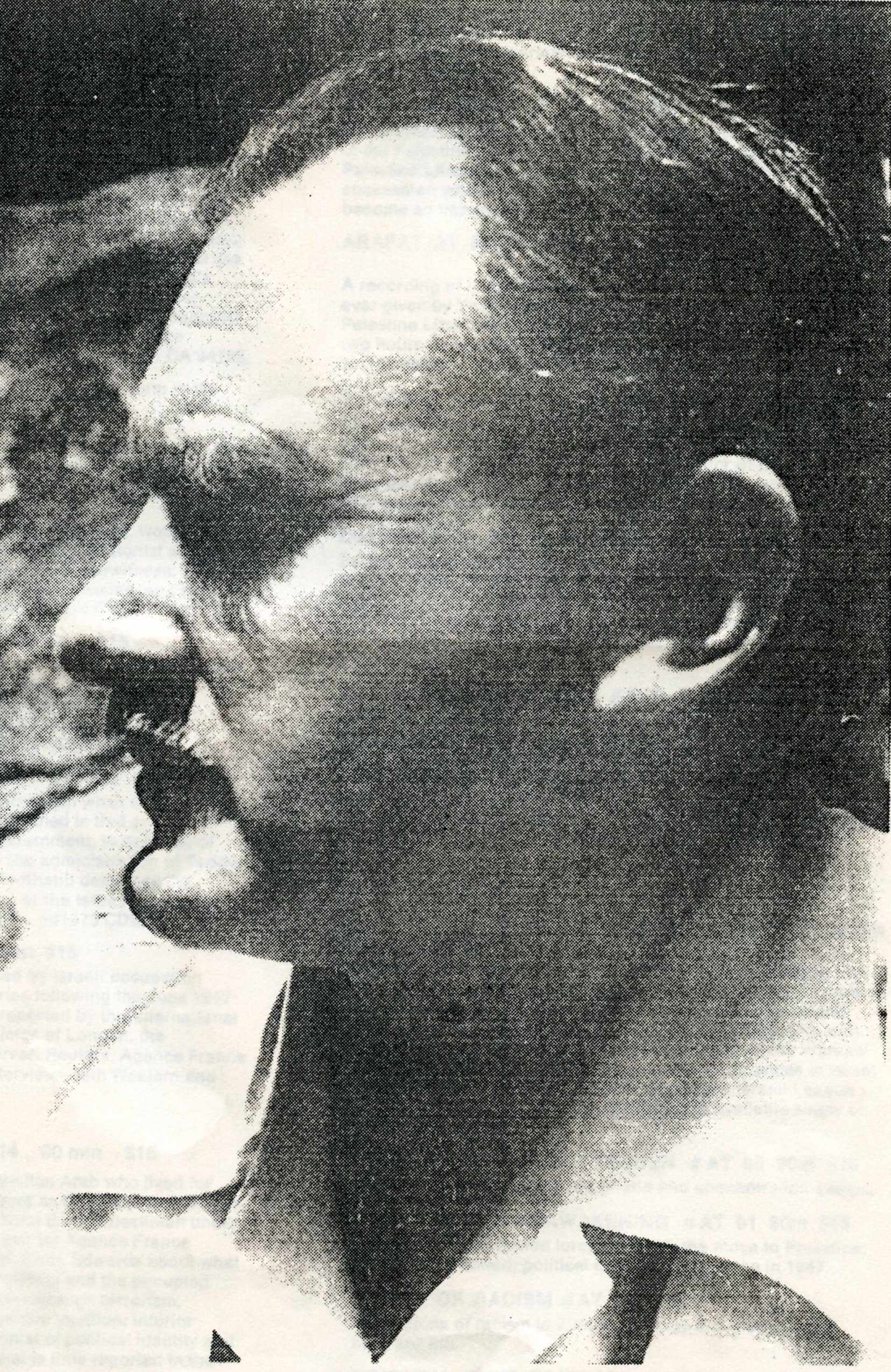Independent Collections
These collections were produced by independent journalists. Many of these recordings make up the bulk of the original collection of the Freedom Archives.
Subcollections
-
Colin Edwards Collection
Materials representing the life-work and journalism of a Welsh radio correspondent and journalist who worked for Pacifica stations, the BBC and many other broadcasters. -
Colin Edwards Free Speech Movement
This collection is produced by journalist Colin Edwards and represent a comprehensive account of the Free Speech Movement and its effect on the political climate of UC Berkeley. -
Programs produced by Kiilu Nyasha
Kiilu Nyasha is a revolutionary journalist and former member of the Black Panther Party. Kiilu still hosts Freedom Is A Constant Struggle, which now appears as a TV program. -
“Nothing is More Precious Than…” a news magazine including music and poetry
KPFA weekly news program running from 1973-1976 featuring in-depth coverage of liberation struggles around the world. -
“The Real Dragon” a news magazine including music and poetry
Real Dragon was a radio program broadcast on KPFA from 1971-1973. This news show focused on issues of national liberation, political prisoners, Vietnam and other major national and international topics.
Documents
4 Documents Found
Date: 12/18/1964Call Number: CE 679Format: 1/4 7 1/2 ipsProducers: Colin EdwardsCollection: Colin Edwards Free Speech Movement
Press conference given by Professor Arthur Ross, chairman of the Emergency Executive Committee of the Berkeley Division Academic Senate, following the UC Regents meeting at UCLA on December 18, 1964. The committee had been formed one week prior to respond to the “crisis concerning political action” on the Berkeley campus. Ross, responding to statements given by the regents, states that his committee feels substantial progress has been made and that the university will not restrict political speech or advocacy on campus, and no further disciplinary action will be taken against students.
Date: 12/3/1964Call Number: CE 719Format: 1/4 7 1/2 ipsProducers: Colin EdwardsProgram: TransCanada Matinee
Collection: Colin Edwards Free Speech Movement
The first portion of this documentary talks about the events leading up to the Sproul Hall sit-in. Faculty perspectives on the situation are featured. The second portion of this documentary contains voices from a student rally (difficult to hear). The third portion of this documentary talks about the role of the Academic Senate in the crisis, President Clark Kerr's attempts to bypass dealing with the FSM and details about the leadership of the movement.
Date: 3/24/1965Call Number: CE 722Format: 1/4 3 3/4 ipsProducers: Colin EdwardsCollection: Colin Edwards Free Speech Movement
This recording is taken from a faculty rally following the banning of the UC student publication, the Spider. Mario Savio is the first speaker and he talks about what’s at stake concerning this issue. The following speakers are all faculty members and talk about a wide range of topics including the responsibility of faculty in protecting students’ rights, the need for student gains to be codified, the need to not lose perspective of larger issues including the civil rights struggle in Selma, various perspectives on the filthy speech movement, and that student actions demonstrate that students care about the university community.
 Statement By Faculty Witnesses With Respect to November 30, 1966
Statement By Faculty Witnesses With Respect to November 30, 1966
Three professors detail their recollection of Naval recruitment table incident. This report contradicts the official UC report on the incident.
4 Documents Found






